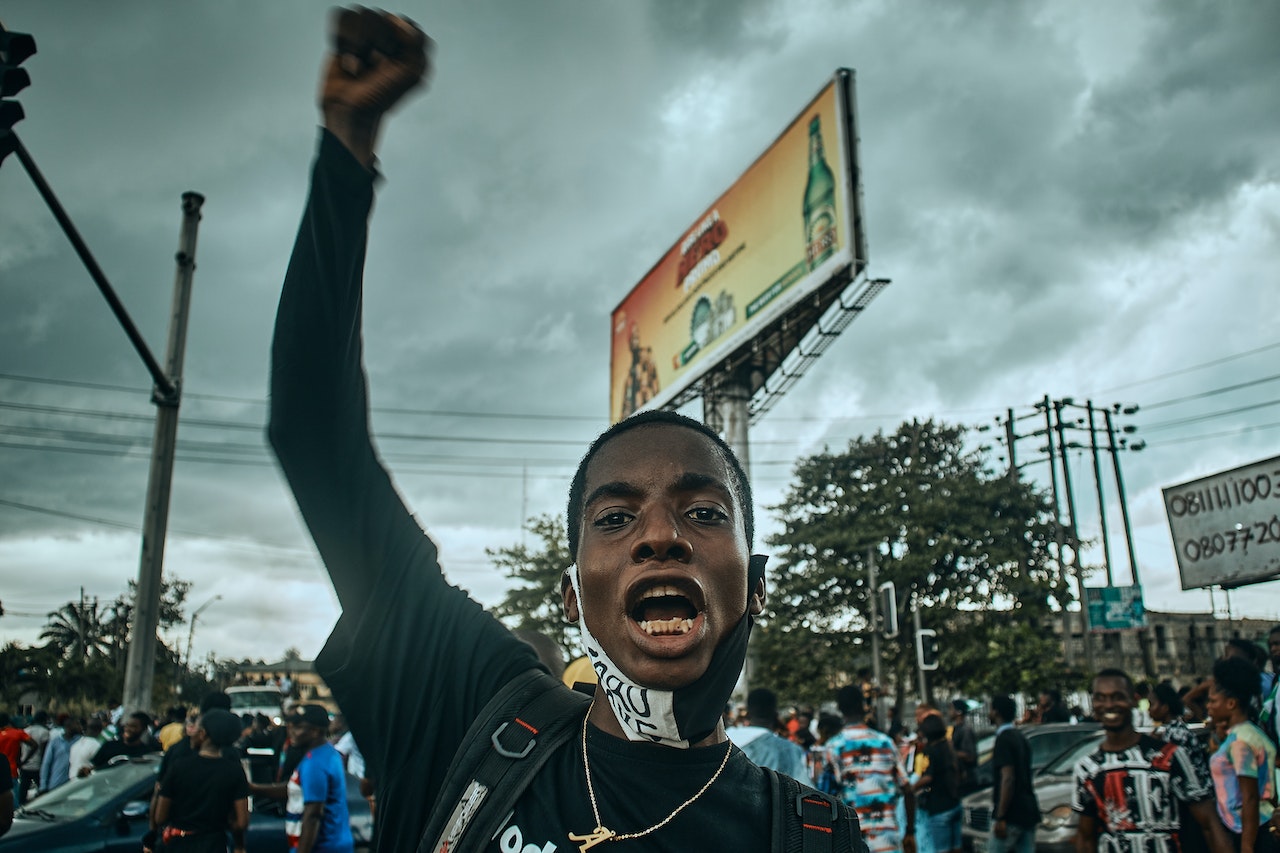Zimbabwe Non-Governmental Organizations (NGOs) and political activists are living in dread after the country’s parliament passed the Private Voluntary Organizations Bill, which will put the activities of non-state actors under the spotlight with threats of being closed down a pen away.
President Emmerson Mnangagwa is expected to sign the bill into law anytime soon. Political commentators speculate that the law is intended to stifle the operations of NGOs, particularly in the run-up to the watershed August 2023 general elections in Zimbabwe.
NGO leaders last week Friday met Mnangagwa privately at the State House to try to convince him not to sign the bill into law.
They argued that signing the bill into law would cost the country more than US$1 billion in development funds, particularly humanitarian assistance. There was no official communique after the meeting, indicating that the two sides are still miles apart on the matter.
However, the bill has been criticized by UN agencies, civil society leaders, and some opposition activists. They argue that the new law will shrink the democratic space.
The UN experts issued a statement that read: “While one of the stated aims of the bill is to counter terrorism and money laundering in Zimbabwe, the restrictions contained therein will have a chilling effect on civic society organizations – particularly dissenting voices. By enacting this legislation, authorities would effectively be closing an already shrinking civic space.”
The same sentiments are shared by Zimbabwe Human Rights NGO Forum director Musa Kika, who said that the bill, if signed into law, would result in many citizens failing to access most of their basic needs.
Kika said: “The bill is potentially the most consequential bill in recent times for ordinary citizens, many of whom rely on NGOs for food, education, healthcare, and WASH [water, sanitation and hygiene] services.
So the effect would be felt on and by the citizens mainly. For NGOs, it simply means that many will not be able to do their day-to-day work to contribute to the work of the government and to support communities.
“It also means that many NGOs will not be able to monitor the government and to monitor and observe the elections – which is really what the government is trying to achieve.”
Zimbabwe’s ruling party, Zanu PF, has since 1980 had a love-hate relationship with NGOs. The NGOs are considered good when they provide water, health facilities, housing, and food aid to vulnerable communities outside the election years.
However, in the run-up to elections, Zanu PF accuses the same NGOs of being in bed with the opposition or trying to influence voting patterns. They have been called regime change agents by successive Zanu PF leaders.
Opposition United Zimbabwe Alliance president Elisabeth Valerio said the bill was retrogressive and had serious repercussions for the holding of free and fair elections in Zimbabwe.
Valerio said: “The bill opens the door for over-regulation and interference in the activities of NGOs working in governance, electoral education, and human rights. It will be used to thwart the efforts of those working to redress Zimbabwe’s unfair restrictions on political rallies and peaceful assemblies as well as those working against political violence and human rights violations.”
The United States, one of the biggest humanitarian aid givers to Zimbabwe, has also voiced its concerns about the bill.
Last month, US deputy secretary in the Bureau of African Affairs Robert Scott visited Zimbabwe, where he met with the Foreign Affairs minister, Frederick Shava. The bill and electoral issues were on the agenda.
The US is on record calling for democratic reforms in Zimbabwe that include giving the opposition space to freely campaign and their activities published in public media.
In 2001, the US congress passed the Zimbabwe Democracy and Economic Recovery Act, which it placed economic sanctions on Zimbabwe until it implements democratic reforms and holds free.
Cover Photo by Emmanuel Ikwuegbu



